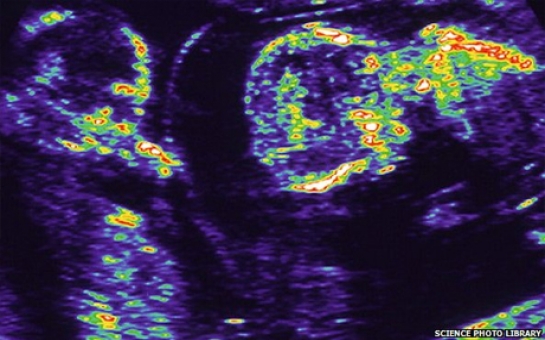Follow us !
Exam grades 'more nature than nurture'
Society
21:46 | 12.12.2013

Exam grades 'more nature than nurture'
Genetic influence explains almost 60% of the variation in GCSE exam results, twin studies suggest.Scientists studied academic performance in more than 11,000 identical and non-identical 16-year-old twins in the UK, BBC reported.The team from King's College London found that on average, genes explained 58% of differences between GCSE scores in core subjects such as maths.Differences in grades due to environment, such as schools and families, accounted for about 36%.The remaining differences in GCSE scores in maths, English and science are explained by environmental factors unique to each person, say the researchers.Environment 'still influential'Study leader Nicholas Shakeshaft, from the Institute of Psychiatry at King's, said: "Our research shows that differences in students' educational achievement owe more to nature than nurture. "Since we are studying whole populations, this does not mean that genetics explains 60% of an individual's performance, but rather that genetics explains 60% of the differences between individuals, in the population as it exists at the moment."This means that heritability is not fixed - if environmental influences change, then the influence of genetics on educational achievement may change too."The researchers studied two sets of twins - identical and non-identical - to help distinguish between the effects of nature and nurture at the age of 16.If identical twins' scores at GCSE are more alike than those of non-identical twins, it can be assumed that genetics plays a bigger role than the shared environment - attending the same school and family influences.Professor Robert Plomin, director of the Twin Early Development Study, also from the Institute of Psychiatry, said it was important to recognise the major role that genetics plays in children's educational achievement."It means that educational systems which are sensitive to children's individual abilities and needs, which are derived in part from their genetic predispositions, might improve educational achievement," he said.Nature-nurture debatePrevious research has shown large numbers of genes may be involved in academic ability, many of which have not been identified.Prof Michael O'Donovan, from the Medical Research Council, which funded the research, said: "Further research is needed to assess the implications of the findings for educational strategies."Dr Simon Underdown, principal lecturer in biological anthropology at Oxford Brookes University, said the results must be treated with caution."While the genetic influence is slightly more than 50%, that still leaves a massive role for environmental factors."What this research does is show that complex traits like intelligence are not the product of one or two simple genes. Rather it is managed by an intricate process that relies on genetic factors and environmental influences. The nature-nurture debate is not over yet."ANN.Az










